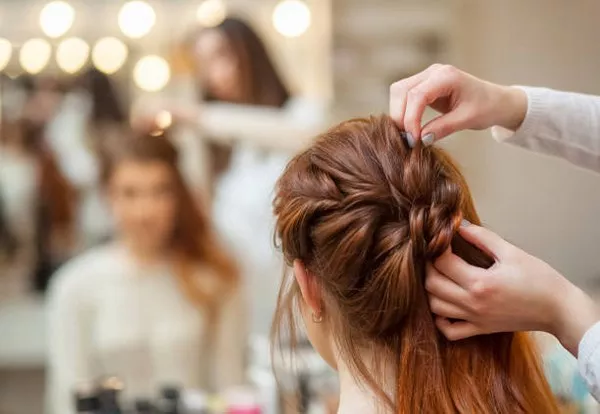If you’re a Black Zillennial, you know twist-outs are a well-established hairstyle. This technique involves twisting sections of damp hair, letting it dry, and then unraveling the twists to reveal defined, bouncy curls. Despite its longstanding presence, the recent trend on TikTok has white influencers rebranding twist-outs as the “Mamma Mia hairstyle,” igniting controversy and highlighting ongoing issues of cultural appropriation.
The Controversy
The rebranding of twist-outs as the Mamma Mia hairstyle has sparked significant backlash. This act of cultural appropriation is seen as another instance of racial insensitivity and lack of cultural awareness that often permeates social media platforms. For many Black individuals, twist-outs are not just a hairstyle but a celebration of heritage and identity, reflecting the natural beauty and versatility of Black hair.
Cultural Significance
Twist-outs carry deep cultural and historical significance within the Black community. They are a way to embrace natural hair textures and express personal and cultural identity. By renaming twist-outs as the Mamma Mia hairstyle, the cultural origins and significance of the look are stripped away, reducing it to a mere trend and displaying cultural insensitivity.
The Issue of Cultural Appropriation
White TikTokers commodifying and profiting from a hairstyle rooted in Black culture without acknowledging its origins or understanding its significance is a recurring issue. This trend is reminiscent of past instances, such as the rebranding of cornrows as “boxer braids,” where culturally significant Black hairstyles are appropriated and repackaged for mainstream consumption without proper recognition or respect.
Impact and Backlash
The backlash on TikTok highlights broader issues of disrespect and lack of recognition for Black culture and history. This incident underscores the double standard where Black cultural elements are often adopted by non-Black individuals to appear trendy, while these same elements are stigmatized when worn by Black people. This perpetuates systemic racism and cultural exploitation.
Responsibility of Influencers
Influencers, especially those with large platforms, have a responsibility to educate themselves about the cultural practices they engage with and give credit where it is due. Misnaming and rebranding culturally significant hairstyles not only disrespects the origin but also erases its history and meaning.
Conclusion
This incident serves as a reminder of the importance of cultural sensitivity and respect. It highlights the need for ongoing conversations about cultural appropriation and its impact on marginalized communities. Social media platforms like TikTok have the potential to be powerful tools for cultural exchange and education, but only if users approach them with respect and awareness.
The rebranding of twist-outs as “Mamma Mia” hairstyles by white TikTok users is a clear example of cultural erasure. It reflects the urgent need for greater cultural awareness, respect, and education in the digital age.


